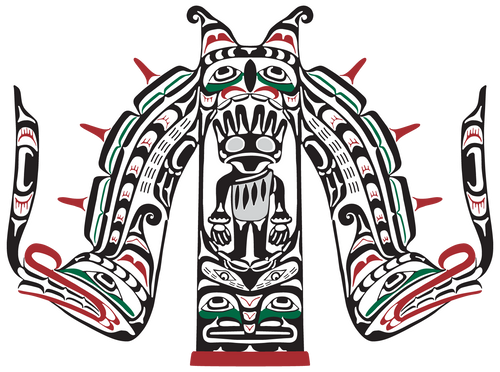Shoe Boy: A Trapline Memoir
Indigenous Author: Duncan McCue
Illustrations by: N/A
Memoir, Autobiography, 2020
Paperback
At the age of seventeen, an Anishinabe boy who was raised in the south joined a James Bay Cree family in a one-room hunting cabin in the isolated wilderness of northern Quebec. In the five months that followed, he learned a way of life on the land with which few are familiar, where the daily focus is on the necessities of life, and where both skill and finesse are required for self-sufficiency.
In The Shoe Boy, that boy – Duncan McCue – takes us on an evocative journey that explores the hopeful confusion of the teenage years, entwined with the challenges and culture shock of coming from a mixed-race family and moving to the unfamiliar North. As he reflects on his search for his own personal identity, he illustrates the relationship Indigenous peoples have with their lands, and the challenges urban Indigenous people face when they seek to reconnect to traditional lifestyles.
The result is a contemplative, honest, and unexpected coming-of-age memoir set in the context of the Cree struggle to protect their way of life, after massive hydro-electric projects forever altered the landscape they know as Eeyou Istchee.
This memoir will be of interest to readers of all ages who want to know more about the interplay of traditional and contemporary Indigenous lifestyles, the challenges of identity for First Nations youth, and the relationship Indigenous peoples have with their land.
Duncan McCue is an award-winning CBC journalist and the host of CBC Radio’s Cross Country Checkup. He teaches journalism at the UBC Graduate School of Journalism and Ryerson University, and was awarded a Knight Fellowship at Stanford University. His numerous honours include an Innovation Award from the Canadian Ethnic Media Association, for developing curriculum on Indigenous issues. McCue is Anishinaabe, from the Chippewas of Georgina Island First Nation in Ontario, and the proud father of two children. He lives in Toronto.
"Frank, funny and evocative, The Shoe Boy deftly entwines the challenges of identity for First Nations youth, the sexual frustration and hopeful confusion of the teenage years, and the realities of living in an enduring state of culture shock." -



